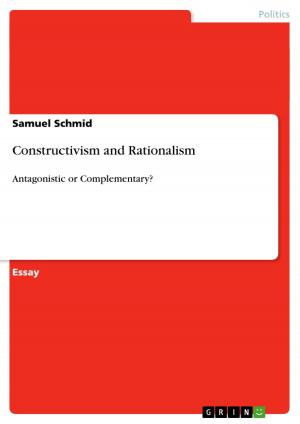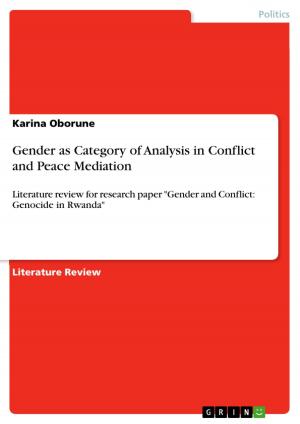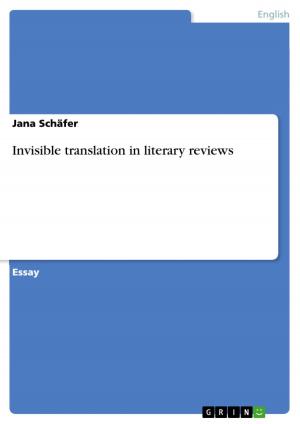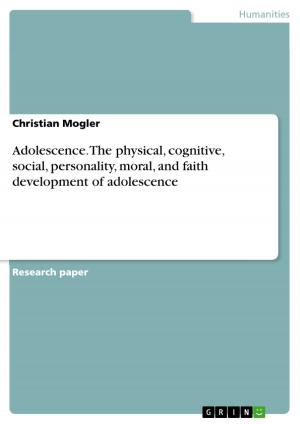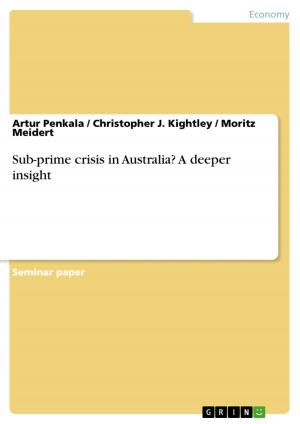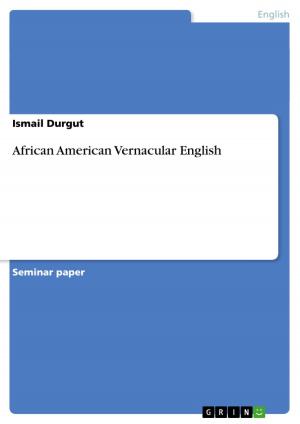The struggle to find a definition for 'international terrorism'
Alternative ways for the United Nations to react to terrorist threats and attacks
Nonfiction, Reference & Language, Law, International| Author: | Miriam Nabinger | ISBN: | 9783638011594 |
| Publisher: | GRIN Publishing | Publication: | February 26, 2008 |
| Imprint: | GRIN Publishing | Language: | English |
| Author: | Miriam Nabinger |
| ISBN: | 9783638011594 |
| Publisher: | GRIN Publishing |
| Publication: | February 26, 2008 |
| Imprint: | GRIN Publishing |
| Language: | English |
Master's Thesis from the year 2007 in the subject Law - European and International Law, Intellectual Properties, grade: 70%, Stellenbosch Universitiy (Department for Public Law), course: LL.M. Public Law, 88 entries in the bibliography, language: English, abstract: This thesis provides an overview of some of the different domestic and international definitions for the crime of terrorism. Also some historical approaches are included in order to present the widest possible range of approaches regarding this topic. The argumentation is aimed at highlighting the strengthes as well as the weaknessess of different approaches taken so far. For example, definitions with exceptions for certain groups like 'freedom figters' are analyzed. Also, the advantages of a definition without exceptions are shown. A critical evaluation of both arguments in favour and against certain definitorial approaches subsequently takes place. After all, it becomes explicit that it is very difficult to create a coherently recognized definition. It is furtheron searched why this is so. Because of the present lack of a coherent definition, the United Nations's possible ways to react to terrorist attacks are adressed right after this. An examination of the present means of the United Nations takes place in order to find out if they are sufficient to encounter the terrorist threat efficiently. Only measures where the United Nations can actively influence the events are relevant in this passage. Finally, the consequences of the present lack of a definition are described and the improvements one can expect from a defininition are named. Some recommendations are made regarding which way to approach the definition is the most promising.
Master's Thesis from the year 2007 in the subject Law - European and International Law, Intellectual Properties, grade: 70%, Stellenbosch Universitiy (Department for Public Law), course: LL.M. Public Law, 88 entries in the bibliography, language: English, abstract: This thesis provides an overview of some of the different domestic and international definitions for the crime of terrorism. Also some historical approaches are included in order to present the widest possible range of approaches regarding this topic. The argumentation is aimed at highlighting the strengthes as well as the weaknessess of different approaches taken so far. For example, definitions with exceptions for certain groups like 'freedom figters' are analyzed. Also, the advantages of a definition without exceptions are shown. A critical evaluation of both arguments in favour and against certain definitorial approaches subsequently takes place. After all, it becomes explicit that it is very difficult to create a coherently recognized definition. It is furtheron searched why this is so. Because of the present lack of a coherent definition, the United Nations's possible ways to react to terrorist attacks are adressed right after this. An examination of the present means of the United Nations takes place in order to find out if they are sufficient to encounter the terrorist threat efficiently. Only measures where the United Nations can actively influence the events are relevant in this passage. Finally, the consequences of the present lack of a definition are described and the improvements one can expect from a defininition are named. Some recommendations are made regarding which way to approach the definition is the most promising.





